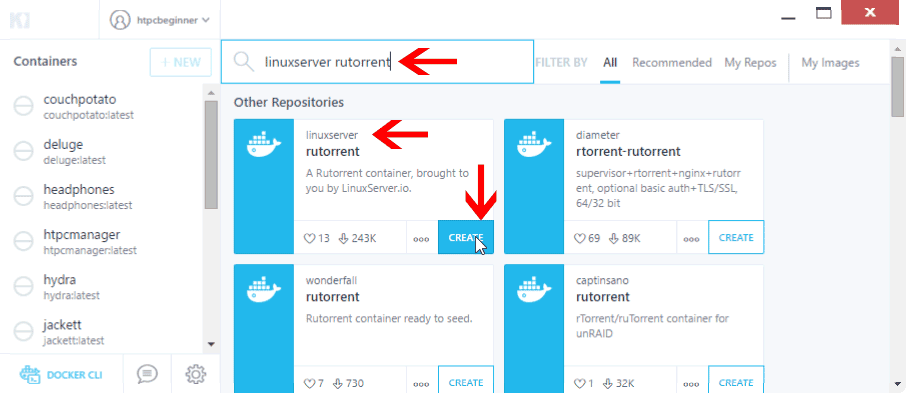

- #DOCKER KITEMATIC FULL#
- #DOCKER KITEMATIC PORTABLE#
- #DOCKER KITEMATIC SOFTWARE#
- #DOCKER KITEMATIC CODE#
#DOCKER KITEMATIC FULL#
Continuously Deploy Full Stack React App to Heroku with Travis-CI.Continuously Deploy Full Stack React App to Heroku and Netlify with Travis-CI.Deploying Full Stack React App to Heroku.Building Online Chinese Dictionary with React and Express.
#DOCKER KITEMATIC CODE#
Building Online Code Editor with React and Express.Creating Full Stack App with React and Node.js.Continuously Deploy React and Socket.IO App to Heroku with Travis-CI.Deploying React and Socket.IO App to Heroku.Building Course Player with React and Socket.IO.Building Course Player with Node.js and Socket.IO.Building Course Player with SignalR and ASP.NET.Building Realtime Application with SignalR.Building Realtime Web Application with WebSocket.Deploying Game Store React App to Azure with FTP.Deploying Game Store React App to Netlify.Building Web Application with React and Redux.Elasticsearch - Real World Usage - Draft.For advanced capabilities, Docker's Datacenter solution offers enterprise container orchestration, application management and enterprise-grade security. CoreOS positions rkt as a more security-focused container solution additionally, its Container Linux by CoreOS is an open-source lightweight operating system based on the Linux kernel.

When it comes to all things containers, Docker and CoreOS are the dominant players in this space-both vendors have achieved market dominance through building a comprehensive ecosystem of capable offerings to augment their core container technologies. Side-by-Side Scoring: Docker vs. CoreOS 1. In regards to open operability, Docker 1.11 saw the adoption of the Open Container Initiative (OCI), a standard supported by RedHat, Google, AWS, VMware-as well as CoreOS. These days, CoreOS' suite of offerings (e.g.,Container Linux, Tectonic) is focused on container infrastructure management space rkt clearly competes with Docker, but the two company's offerings are likely to be recommended as complementary technologies. Again, Docker has made great strides in addressing many of its perceived shortcoming vis-à-vis CoreOS.
#DOCKER KITEMATIC PORTABLE#
Using LXC, Docker acts as a portable container engine for packaging applications and dependencies into containers easily deployable on any Linux system.

#DOCKER KITEMATIC SOFTWARE#
Originally aimed at extending the capabilities of Linux Containers (LXC), Docker was created as an open-source project in 2013 the company's solution is now the leading software containerization platform on the market. It's worth noting that Docker has since remediated some of its more critical security flaws-for example, its 1.10 release eliminated the need of running containers as root, addressing a longstanding security gripe among its adopters. To ‘fix’ Docker would essentially mean a rewrite of the project, while inheriting all the baggage of the existing implementation.” “From a security and composability perspective, the Docker process model – where everything runs through a central daemon – is fundamentally flawed. CoreOS' Alex Polvi cites his company's motivations for building a more secure container alternative to Docker: Simply put, rkt is a more secure container technology, designed to alleviate many of the flaws inherent in Docker's container model. Traditionally, you'd spin up a virtual machine to test and deploy applications these days, containers offer a more lightweight, easy-to-manage option for delivering ready-to-run applications, irrespective of environment.ĬoreOS Rocket (rkt) is the first credible challenger to Docker's dominance in the container space. The DevOps zeitgeist has played a big part in propelling these two vendors into the IT mainstream-for practitioners, containers offer unprecedented consistency and portability for testing and shipping modern software applications. Let's see how the two stack up in this comparison. And if so, you've likely heard of its chief competitor CoreOS as well. Unless you've been hiding under a rock in a datacenter from the last century, chances are you've heard of Docker, the leading software container solution on the market.


 0 kommentar(er)
0 kommentar(er)
